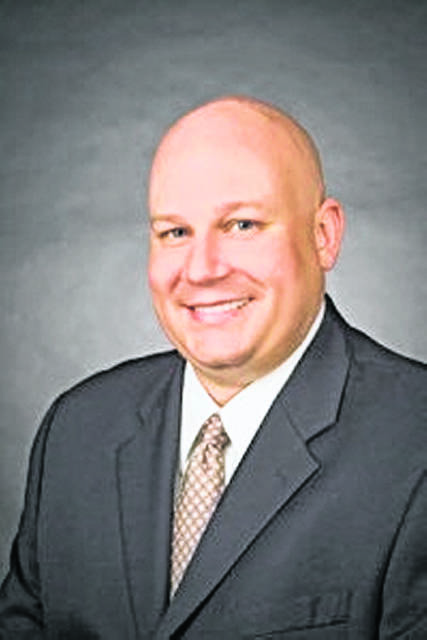Most people strenuously avoid moving into long-term care facilities like nursing homes. Unfortunately, a parent’s move to a nursing home could eventually cause misery for that parent’s adult children.
Generally, adult children of nursing home residents are not responsible for their parents’ nursing home bills. There is a criminal law in Ohio that obligates some adult children to financially support their parents. However, the Ohio Supreme Court has indicated that that law may only apply to adult children whose parents are considered dependents.
Further, the law that some adult children financially support their parents is a criminal law, so that law can only be asserted by government prosecutors, who very often only hold adult children to a “good faith” standard, even when the parents are dependents.
In other words, in almost every instance, a nursing home cannot legally force adult children to pay for their parents’ nursing home bills unless there is some legitimate wrongdoing by the adult children.
Despite almost always lacking the legal ability to force adult children of nursing home residents to pay for their parents’ care, some nursing homes have threatened to sue and have actually sued to collect nursing home bills from the adult children of residents.
Although I had seen aggressive collection practices by nursing homes against adult children of residents, I thought that my experiences in this context were isolated until last week when the federal Consumer Financial Protection Bureau (CFPB) issued a report that explains that this sickening practice is not limited to northwest Ohio.
The report details that some nursing homes may have tried to get adult children of residents to “guarantee” their parents’ bills in order for the nursing homes to admit or keep parents in that nursing home. If a nursing home accepts Medicaid or Medicare, requiring any adult child to guarantee payment of a parent’s nursing home bill is illegal.
According to the CFPB report, some nursing homes make vague, unsupported allegations against adult children just to get leverage and get paid by adult children. Such claims can include allegations of fraudulent transfers, intentional misuse of parents’ money, theft of parents’ money and hiding of parents’ money.
Certainly, circumstances like theft and improper transfers sometimes apply, but the threat of a lawsuit (likely successful or not) is sometimes strong enough to retrieve some money from adult children, even if the lawsuits would have no legal justification. In fact, the CFPB asserts that these practices may be a “technique of coercion”.
Notably, if an adult child is the agent of a parent, the adult child—as the parent’s agent only—usually has a responsibility to use the parent’s money to pay the parent’s bills. However, just being someone’s agent under a power of attorney does not obligate the agent to personally pay the principal’s (person granting the power of attorney) bills with the agent’s money.
Adult children of nursing home residents who face unjustified demands to pay for their parents’ nursing home care are encouraged to seek legal counsel.
Lee R. Schroeder is an Ohio licensed attorney at Schroeder Law LLC in Putnam County. He limits his practice to business, real estate, estate planning and agriculture issues in northwest Ohio. He can be reached at [email protected] or at 419-659-2058. This article is not intended to serve as legal advice, and specific advice should be sought from the licensed attorney of your choice based upon the specific facts and circumstances that you face.







